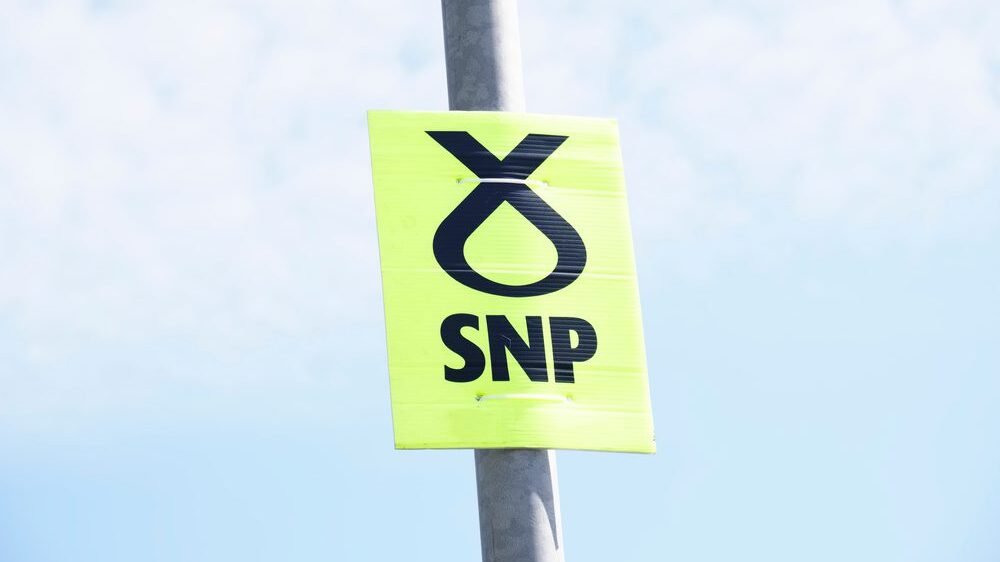
Photo: richardjohnson / Shutterstock.com
Scotland’s pro-independence party could be on its way out, boosting Labour’s chances of UK-wide electoral success. The Scottish Nationalist Party (SNP) has dominated politics north of the English border for the better part of the last two decades.
As leader of her country’s largest party for the latter half of this period, Nicola Sturgeon spent almost ten years as the Scottish first minister. That was before she stepped down in June following a scandal over the placing of a transgender rapist in a women’s prison, shortly after which time she was arrested as part of an inquiry into SNP finances. Ms. Sturgeon was released without charge on the same day, but the event left a bad smell.
Her replacement, Humza Yousaf, has done little to excite Scottish voters.
Now, a poll by Survation for the True North public relations agency suggests that the SNP could tank half of its parliamentary seats at the next election, handing 24 to Sir Keir Starmer’s Labour Party. To put this into perspective, Labour won just one seat in Scotland at the last election. The party achieved 35% support in this poll, its highest figure since 2014.
Former Scottish Labour advisor Andrew Liddle, quoted in The Daily Telegraph, said the poll “provides further evidence that the Scottish Labour Party is finally recovering in Scotland after more than a decade in the wilderness.” Major gains in Scotland would do much to bolster Labour’s UK-wide performance at the next election, increasing the potential for Prime Minister Rishi Sunak to be beaten by Sir Keir, for whom not much more can be said beyond the fact he is not leading the deteriorating Tory party.
But perhaps most significant about the SNP’s demise is its implications for the Scottish independence movement. On the importance of these events, pro-UK Scottish writer Effie Deans told The European Conservative:
The SNP is Scottish nationalism’s only route to independence. If it loses half its MPs as the latest poll suggests then British politics will be back to Labour versus Conservative, and the prospects of independence will recede to the level it was prior to 2007.
The SNP having won all but three of the seats in 2015 will find itself back at the foot of the mountain with the climb to do all over again, but this time with a poorer leader and a divided movement. There will no longer be a route to independence.
“Soon,” Deans added, the SNP might even “return to being a fringe party.”
